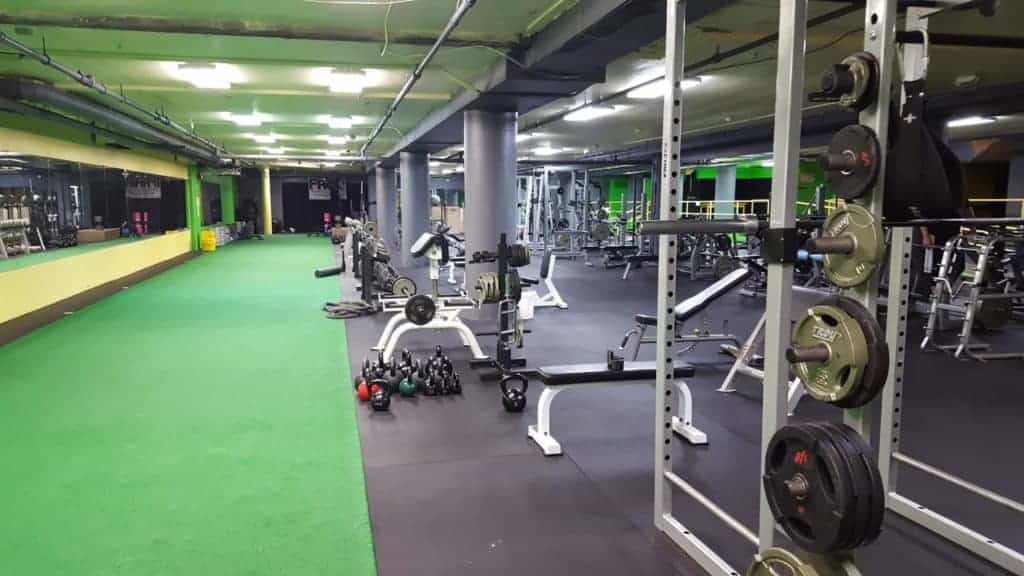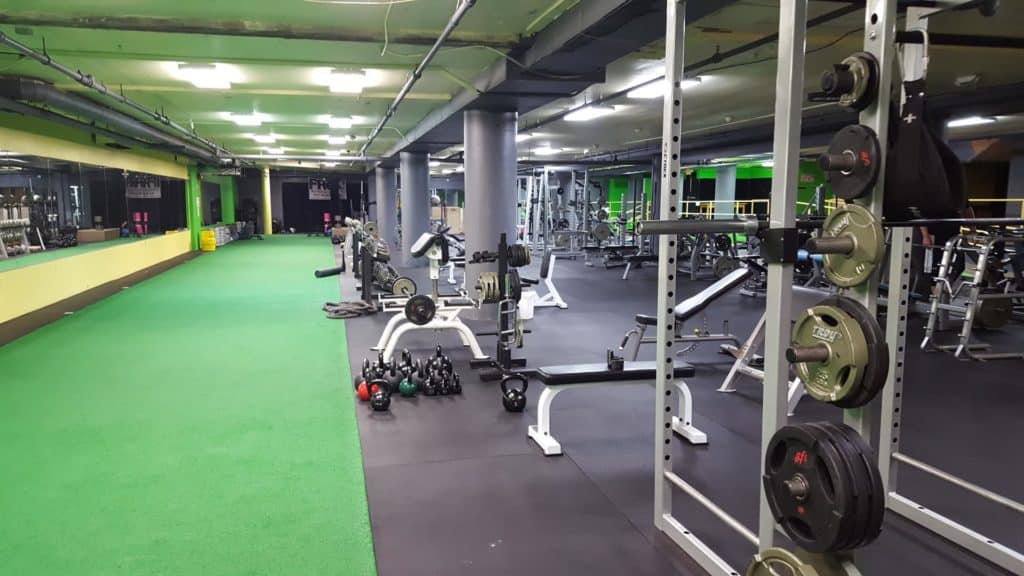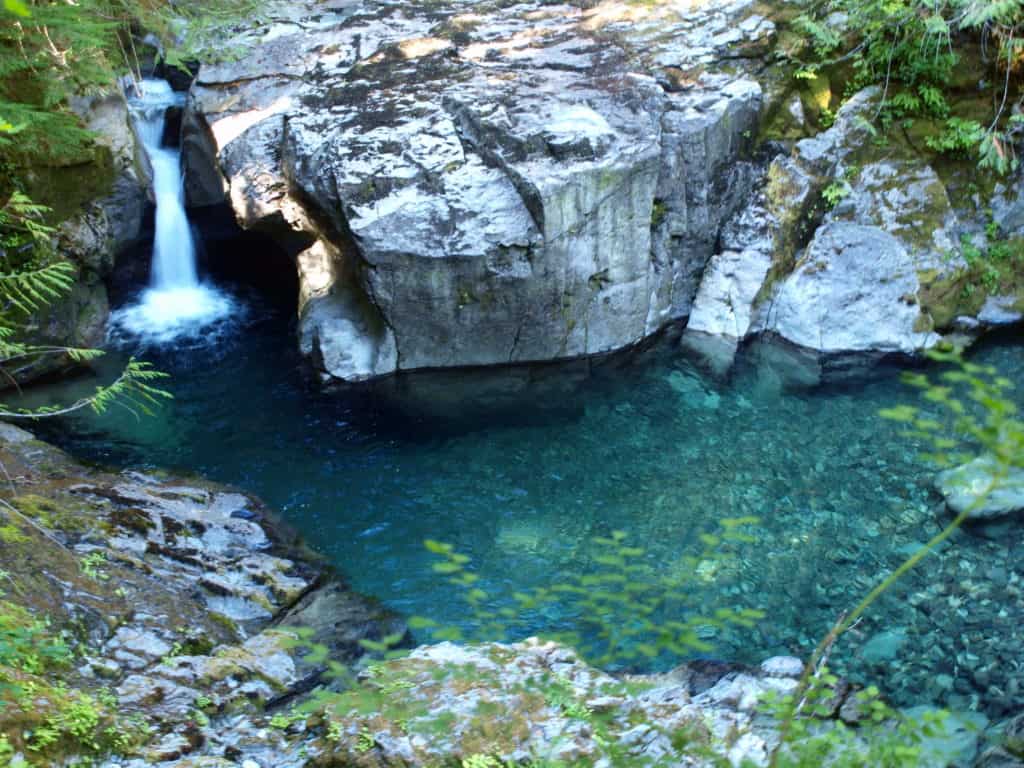
Re-Discovering Play (part 3) : Using Your Environment
“The more complicated the environment, the more it takes you away from yourself.”
I have a confession to make. I live in the land of Dewey Nielsen, and I don’t revel in being outside. I don’t mind it, and I certainly don’t hate it, but it no longer holds the appeal that lured me from Chicago fifteen years ago. It remains gorgeous and accessible and full of undiscovered places and adventures, but it overwhelms my current state of mindfulness. There is too much too notice and I inherently try to notice everything. I can create an external sense of hyper-awareness there, but little else. To get within, I require a bland familiarity. My imagination is ignited by existing within the mundane.
Though this is a little over an hour away from me:
I routinely choose this as my place to explore and discover:

It’s a rare day when I make it off the turf. (Ironic, perhaps, because it is intended to be grass-like.)
If I’m stuck in a boring meeting, my mind can help me escape. Whenever there is something fascinating going on around me, my focus becomes absorbing and making sense of it. I want to retain everything, and try to keep and stay inside it. Stillness is connective, but as I try to make sense of what is happening within me, I need a sort of disconnect from everything else. Practice formed this curious bubble and habit and routine has solidified it.
Since my athlete days, the gym has always been my place of extra work. It is my sanctuary. A place I go for individual self-improvement. Though I hardly pick up a weight anymore, the mental switch still flips as I enter the space. My time. Me. Doing. Making better.
So often it’s just me and the floor. Sensing and feeling, exploring and conjuring. I can do anything I want. I can make the floor a wall. I can strike from a crawl. I can make a box the most interesting of play things. Because so little exists within this space, I learn to make the most of it. The angles, the isolation, the interplay between parts… these are the things that remain to excite me. With everything else hushed, the body can speak and let the mind listen and respond.
For others, nature is how they get to this space:
Why you always gotta be in the leaves, Tom? I adore this man and his work.
The purists always seem to tie-in nature and movement. I can’t help but separate it. But I know how I operate and I have my why. I like my results. Nature provides a challenge more than a provocation. Horribly, if I use the outdoors as a means of exercise, I treat it as a glorified elliptical machine. I fly through hikes as fast as I can. I don’t bring water or snacks. At the turnaround (always something grand and picturesque), I only pause for a minute to catch my breath. Then I rush back from where I came — to the car and paved roads that will get me to my hot shower and bed. I am not ashamed for enjoying amenities. There is nothing quite as comforting as returning home.
I had a brief Facebook conversation with Rafe Kelley once. I asked him if he did one-day roughousing workshops and he wondered why I didn’t simply take the week-long course that covered it thoroughly. I told him I didn’t like to sleep outside. That was the last I heard from him.
Definitely a non-functional exercise. Not into freezing terror.
The greatest benefit of needing nothing to play and create is the convenience and ease in which findings can be shared, practiced, and applied. Neither user needs to find a gnarled, fully branched tree. Nor travel to an untamed wilderness. Open space can be found and utilized anywhere. A bedroom can become a wonderland of ideas if looked at as a place of possibility.
A controlled, known environment is one recognized as safe to explore and play in. The body itself is the tool and toy. What does this feel like? What can this do? What if I…? Because so little novelty exists, it must be constructed. An environment can be distracting as much as it can be nurturing. Having tons of equipment at your disposal comes at a literal and mental cost. They come with a purpose and term of use attached. You make choices and force use to get a return on your investment. How different we would view fitness and capability if we thought of our bodies in this same way.
A simplicity of surroundings makes for ease of practice. You can do it more often and more readily connect the what was learned in one session to the next. Progress comes in what you can figure out and build upon. Teasing out small, intricate adjustments becomes the work, encouraging re-creation and a continued path toward discovery.
Regardless of ‘stuff’, the goal is to feel your way through a session. Wherever you feel comfortable you will be engaged to try. An unencumbered floor is the choice of dancers and martial artists, arguably the most able movers of all. You need and lack nothing to develop your own movement. The brain comes included in the package. No assembly required.
The ground and your body can be a frustrating interaction without a set of starting points. Remember the ground is a constant for which you can relay information from. When it’s just you and the floor, you’re either getting down or getting up in some way and/or modifying the location of your self/limbs in relation to it.
Here are some questions and points to consider when beginning your investigation into yourself:
- Before you sit, do you know what areas need attention?
- Notice how you choose to get to the ground.
- What do you feel as you press every part into the ground?
- What sites were resistant? Can you roll or slide these into the ground differently to get them to be more compliant?
- What direction are you rolling/ shifting in? Why might this matter?
- Does the movement seem to start with the extremities or with the core/ center? Can you lead with the opposite?
- Is your spine moving or stiff? What about your head and neck?
- What part of your hands and feet do you use to get up? Can you use another?
- How does movement on your back differ from movement on your belly?
- What position do you rest/ think in? What position do you most dislike? Why?




